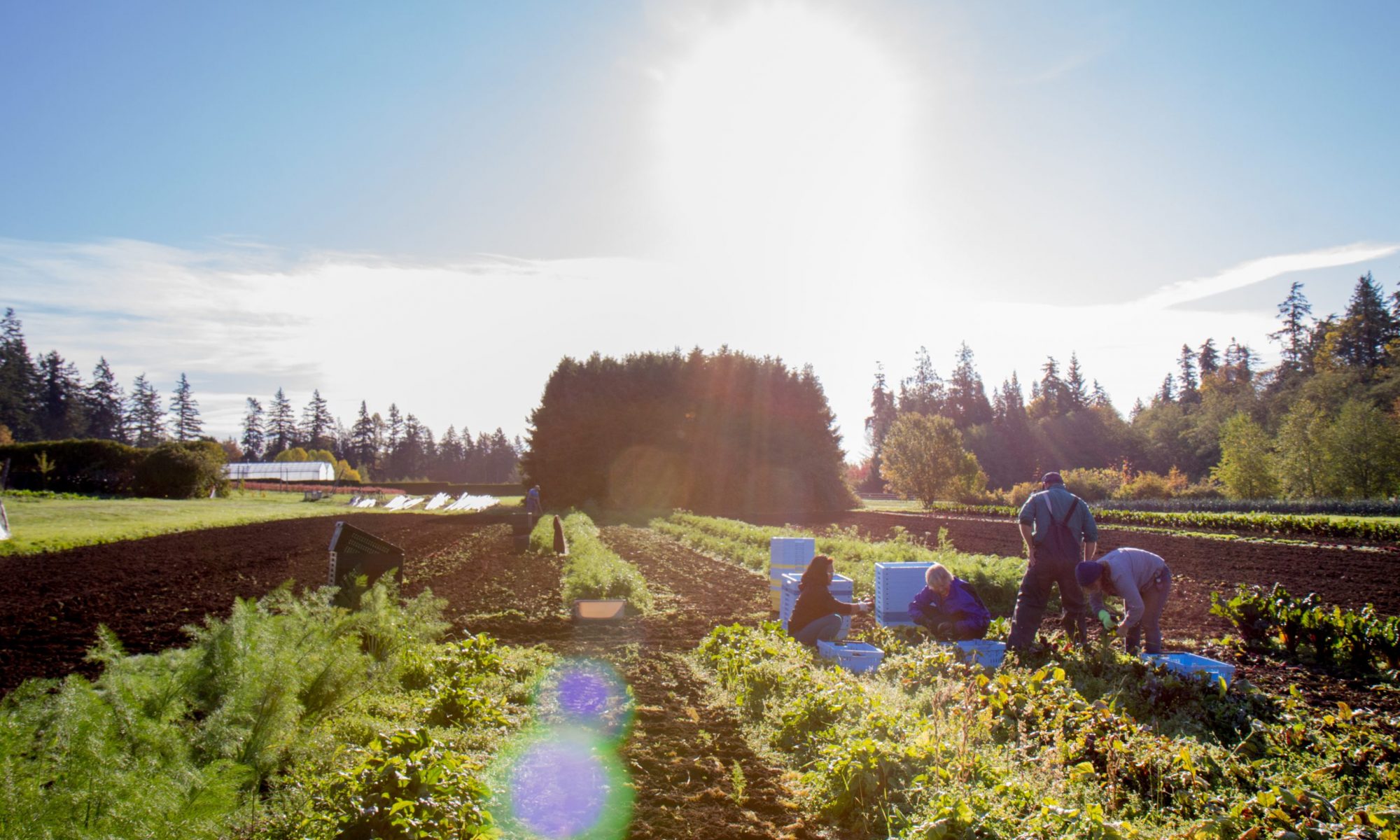Widespread biodiversity loss is occurring rapidly worldwide, often driven by agricultural activities. At the same time, the biodiversity present in agricultural systems contributes to the critical processes that underlie food production and a variety of ecosystem services that benefit people. Students in the course will participate in ongoing biodiversity monitoring in agro-ecosystems using real-world survey techniques and assessment protocols, evaluate how different management actions and decisions on diversified farms and landscapes influence biodiversity, and discuss how biodiversity contributes to ecosystem services and food production.
This is an intensive summer field course, consisting of a combination of lectures, interactive class discussions, seminars from experts in the field, field based lab activities, data analysis lab activities, and tutorials, primarily based at UBC Farm. The class meets every weekday while the course is scheduled, with lectures and expert seminars occurring daily, followed by a one-hour break, and then concluding with a three hour lab time, in the field at UBC Farm, in the Farm Yurt, or in the Farm Marquee Space. Lab activities will be primarily group based, with individual components, led by the course instructor and TA. There is one nighttime lab activity (frog call survey).
Course dates: May 10-May 20 (9-days). Summer Term 1.
See the course overview for more details.




